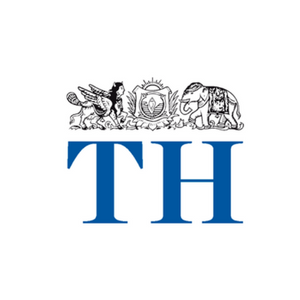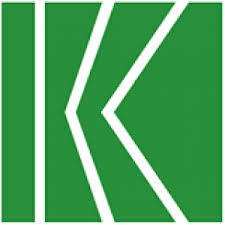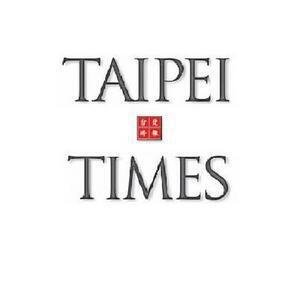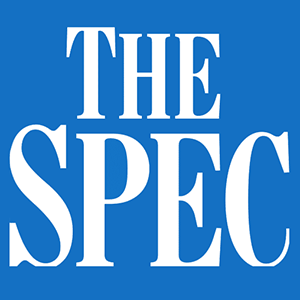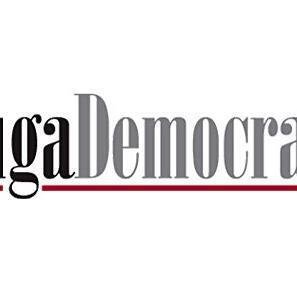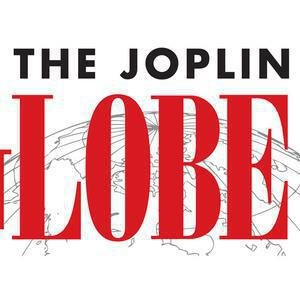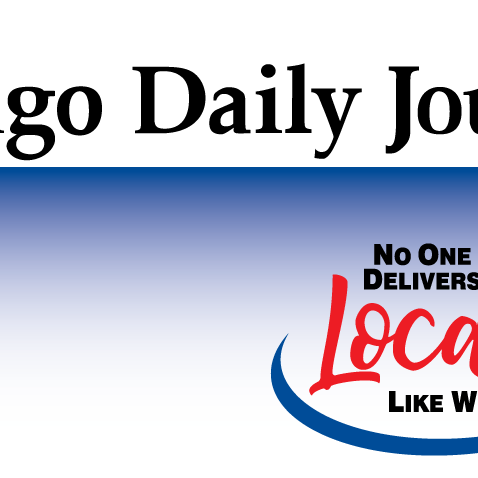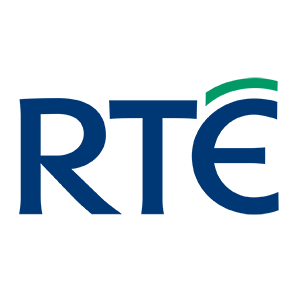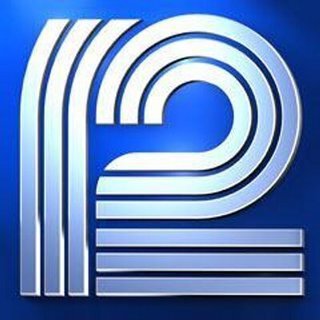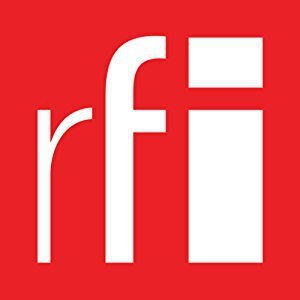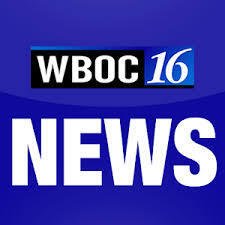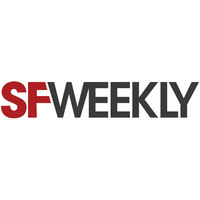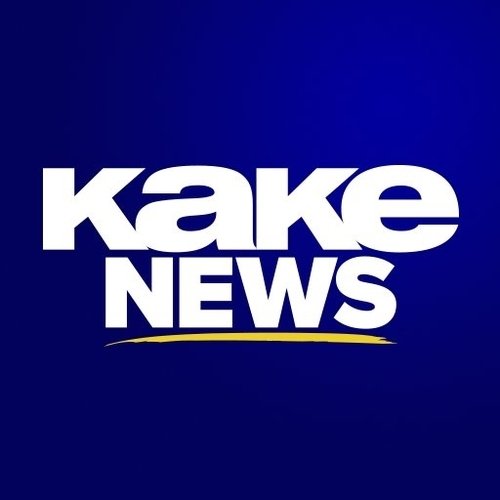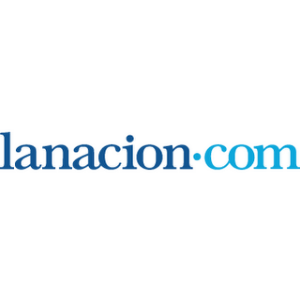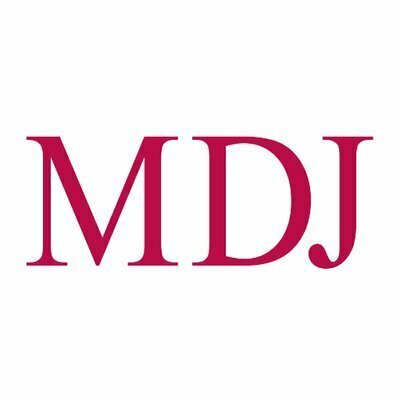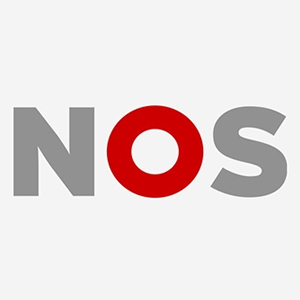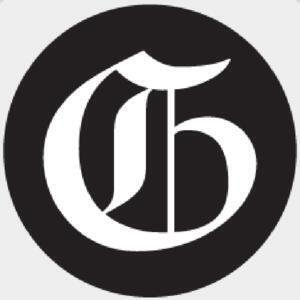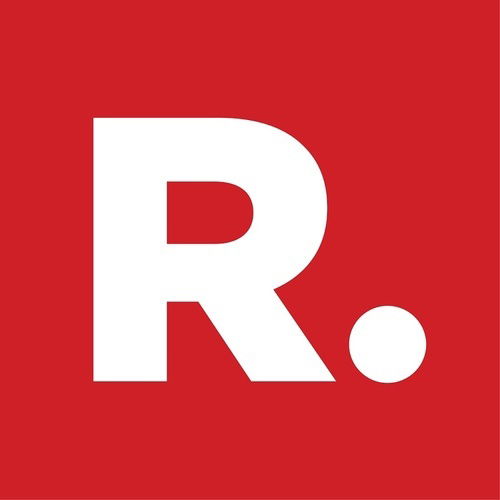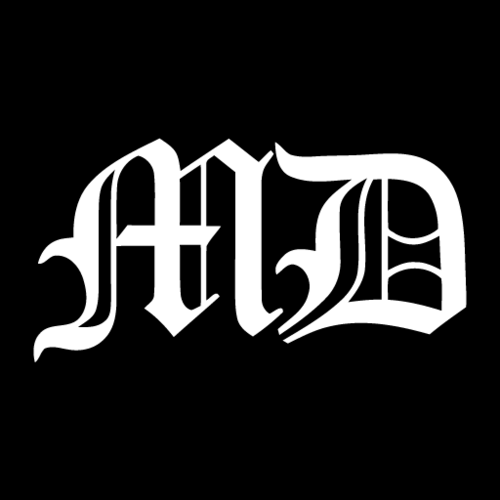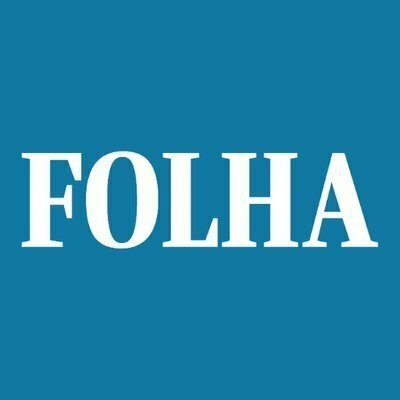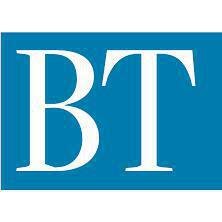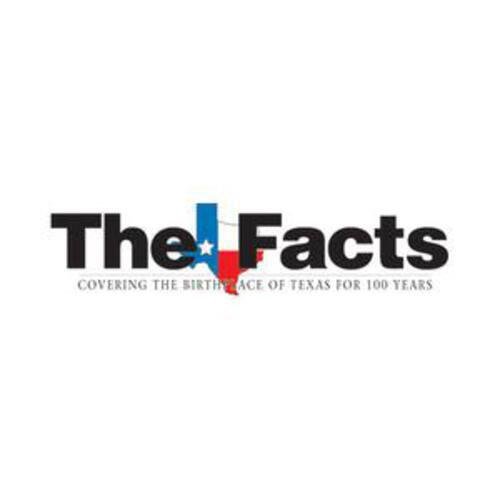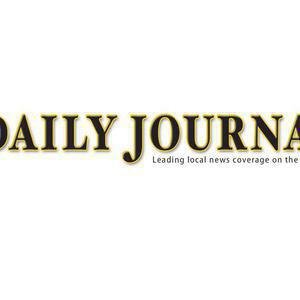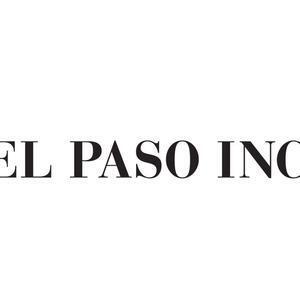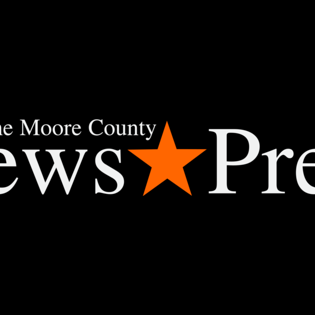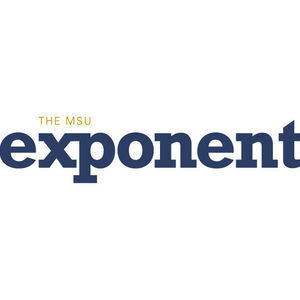- The Constitutional Court of South Korea upheld the impeachment of former President Yoon Suk Yeol, leading to a presidential election set for June 3. Prime Minister Han Duck-soo will serve as acting president until the election.
- The main opposition leader, Lee Jae-myung, leads the field, while Labor Minister Kim Moon-soo and lawmaker Ahn Cheol-soo also vie for positions among conservative candidates.
- The election will determine South Korea’s future direction on foreign policy, economic recovery and democratic reform amid growing economic pressure and geopolitical tension.
Full Story
South Korea will hold a presidential election on June 3 following the removal of former President Yoon Suk Yeol.
The Constitutional Court unanimously upheld Yoon’s impeachment on Friday, April 4, triggering a legal requirement to elect a new president within 60 days.
The decision came after Yoon declared martial law in December 2024 and deployed troops to the streets of Seoul in what he called an effort to eliminate political rivals.
Until the election, Prime Minister Han Duck-soo will serve as acting president. The new president will begin a five-year term immediately after the vote, without the usual transition period.
Who are the leading candidates?
The main opposition leader, Lee Jae-myung of the Democratic Party, is widely viewed as the front-runner. He narrowly lost to Yoon in 2022 and plans to resign as party chairman to run again.
Recent polls showed Lee leading his rivals by a wide margin, although he faces ongoing trials on charges including bribery and election law violations, which he claims are politically motivated.
The conservative field remains unsettled. Labor Minister Kim Moon-soo resigned Tuesday, April 8, to launch a presidential bid.
Though not currently a Yoon’s People Power Party member, Kim has polled higher than other conservative contenders.
Another potential candidate is Ahn Cheol-soo, a lawmaker who voted for Yoon’s impeachment and pledged to challenge President Donald Trump’s trade policies if elected.
How has Yoon’s removal affected the political landscape?
Yoon’s ouster marks the second consecutive conservative president removed through impeachment. He also faces a criminal trial for insurrection, with court proceedings set to begin on April 14. His downfall has weakened the People Power Party, which until recently focused on defending his presidency.
Yoon’s martial law decree and the subsequent crisis have renewed public debate over South Korea’s democratic stability. Some conservative figures have echoed disinformation narratives about election interference and alleged collusion between progressive leaders and foreign governments.
The Democratic Party rejected those claims as fear-based attacks.
What are the broader implications?
The election takes place amid growing economic pressure and geopolitical tension. Trump’s 25% tariff on South Korean exports continues to impact trade, while North Korea’s military activity and deepening ties with Russia add to regional concerns.
Observers said the election’s outcome will determine South Korea’s future direction on foreign policy, economic recovery and democratic reform.
The government declared June 3 a national holiday to encourage voter turnout. Official campaigning begins May 12.
